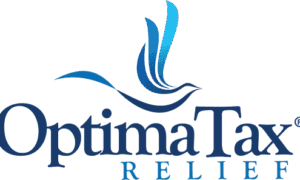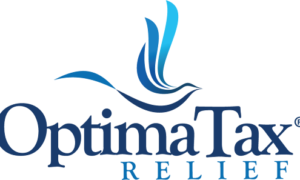October is National Cybersecurity Awareness Month, and the IRS, in collaboration with the Security Summit, has released a set of online safety tips to help protect taxpayers’ personal and financial information. The Security Summit—a coalition between the IRS, state tax agencies, and the tax industry—focuses on combating identity theft and reducing tax fraud through public awareness and industry collaboration. Optima Tax Relief reviews tips on how to stay safe online before tax season.
Why Cybersecurity Matters for Taxpayers
In recent years, the rise of sophisticated cyber threats has underscored the importance of protecting personal data, especially as tax information has become a primary target for identity thieves. With the move towards digital communication and online tax filing, taxpayers must be more vigilant in securing their information to avoid becoming victims of fraud.
IRS Cybersecurity Tips for Taxpayers
The IRS and Security Summit recommend several strategies for staying safe online, especially during tax season:
- Use Strong, Unique Passwords: Avoid using easily guessed passwords like “123456” or “password.” Opt for complex combinations that include letters, numbers, and special characters, and avoid reusing passwords across accounts.
- Enable Multi-Factor Authentication (MFA): MFA adds an extra layer of security by requiring an additional verification step, such as a texted code, before granting account access. Most tax software providers offer this feature, and it’s crucial for safeguarding your accounts.
- Beware of Phishing Scams: Phishing remains one of the most common methods of stealing personal data. Avoid clicking on unfamiliar email links or attachments that appear to be from the IRS, as the agency will never initiate contact by email or text.
- Use Security Software: Installing trusted antivirus software and keeping it up-to-date is vital. This software can help detect malware and phishing attempts on your devices, reducing the risk of unauthorized access.
- Recognize IRS Communications: The IRS rarely makes contact by phone, email, or text. If you receive unexpected communications purportedly from the IRS, visit the official IRS website to verify authenticity or report suspicious messages.
Encouraging Online Safety for Tax Professionals
Tax professionals are encouraged to implement these safety protocols in their practices as well. Using secure methods to collect client information and keeping software updated are vital steps. The IRS also recommends that tax preparers educate their clients on the importance of cybersecurity to further protect against fraud.
Importance of National Cybersecurity Awareness Month
National Cybersecurity Awareness Month emphasizes the collective effort needed to maintain security online. As cyber threats continue to evolve, taxpayers and professionals alike benefit from awareness and practical safety measures.
Final Thoughts
Protecting tax information online is essential to avoid identity theft and fraud. Following the IRS and Security Summit’s recommendations, including strong password practices, MFA, phishing awareness, and reliable antivirus protection, can safeguard your sensitive data. Cybersecurity Awareness Month is a reminder that safe online practices are critical for both individuals and businesses, especially as digital tax filing grows.



































